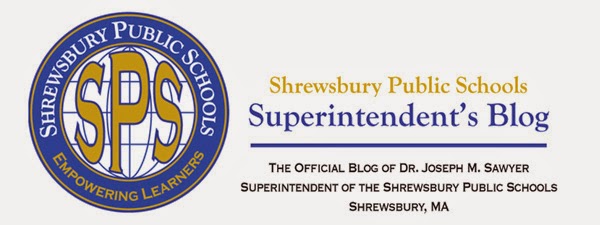The point of modern propaganda isn't only to misinform or push an agenda. It is to exhaust your critical thinking, to annihilate truth. – Garry Kasparov
This quote from former world chess champion and Russian pro-democracy leader Garry Kasparov sums up the disturbing reality that citizens face in today’s world, and it underscores why it is so very important that we not only teach our students to be literate in the traditional academic disciplines, but also to be literate regarding the information they consume. Our school district’s mission statement compels us to provide our students with the skills and knowledge they need to succeed in the 21st century, and to be an educated person this must include the ability to filter the torrent of information flooding smartphones, tablets, laptops, and televisions in order to discern the truth.
Media literacy is defined on Dictionary.com as “the ability or skills to critically analyze for accuracy, credibility, or evidence of bias the content created and consumed in various media, including radio and television, the internet, and social media.” Our schools begin teaching information literacy concepts, along with other aspects of digital citizenship, starting in kindergarten and throughout subsequent grade levels through our library media centers’ curriculum. Using resources curated by Common Sense Media, our students, in a manner appropriate for their age level, learn ways to analyze media messages by considering the credibility of the source, the author’s motivation, the intended purpose, the quality of the information, and who might benefit economically or politically from the message. These higher-level analysis skills are key for our students to become critical thinkers in a media environment saturated with misinformation.
A particular challenge is that today’s young people typically use social media for news and information. Unfortunately, they are awash in messaging, mostly through images and short videos, that often contain inaccurate information or outright falsehoods and are designed to manipulate emotions. Further, they hear professional media organizations derided as “fake news” for political purposes, breeding distrust in sources that actually practice journalistic norms and ethics in reporting the news. As a Connecticut history teacher recently wrote in an article in Education Week, “None of this is good for truth or democracy, which requires a certain factual civic consensus in order to work.”
The ways in which citizens can be duped and manipulated by dishonest, state-sponsored media in an undemocratic society is painfully evident in Russia today. The facts of the Russian war of aggression against Ukraine are being twisted or hidden from its own people, with the flow of accurate information from sources other than the autocratic government being restricted or labeled as “fake.” It is painful to see this Orwellian nightmare take place in Russia, while the Ukrainian people and their president use their access to information technology to share the terrible truth of what is happening to their country. Even this information still must be examined critically – as the Connecticut history teacher explains, when sharing with his class that the popular video of the so-called “Ghost of Kyiv” fighter pilot was actually computer-generated footage from a video game, his students expressed that they still wanted to believe it was true.
Our school district’s mission includes developing “an appreciation of our democratic tradition.” Unfortunately, democracy is not only at risk when an autocratic nation makes war to control another. It is also at risk right here in our country when information technology is used, either by a foreign or domestic source, to manipulate emotions and deny reality. It is critical that our schools succeed in our efforts to implement our longstanding policy of “encouraging students to search after truth and think for themselves.” Our democracy depends on it.
